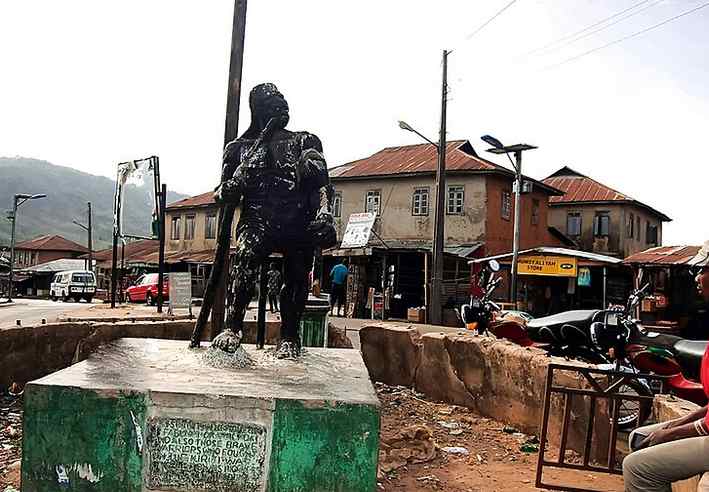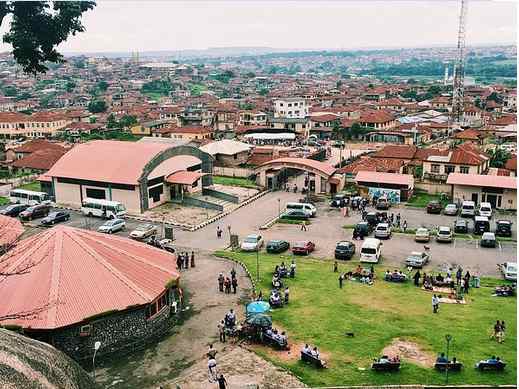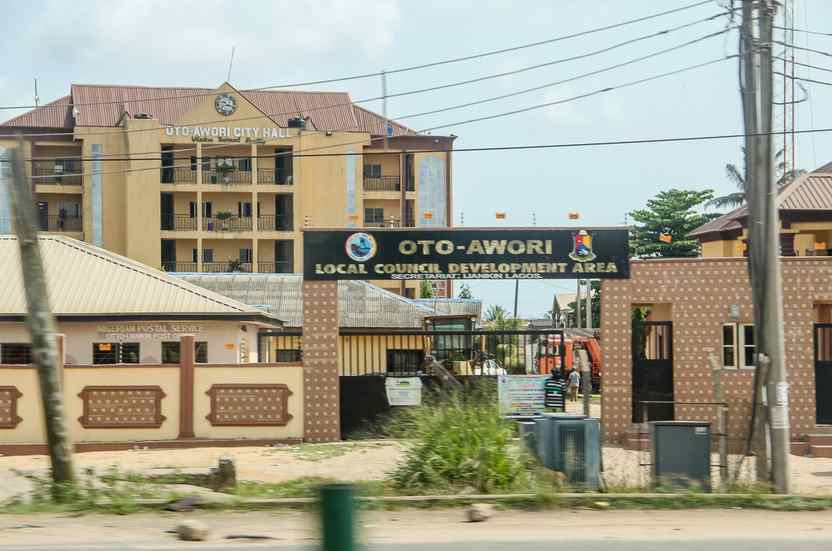
support@yorubalibrary.com
+2348073529208, 07038599574

Imesi is a prominent Yoruba town with a cool history, cultural pride, and a legacy of bravery that has been known for generations. Popular for its strategic location in the old Ijesaland, Imesi has played important roles in trade, warfare, and cultural development in southwestern Nigeria. Oral traditions trace its founding to descendants of Oduduwa, the progenitor of the Yoruba people, and its history is closely tied to some of the most memorable events in Yoruba history, including wars and alliances that shaped the region.
The town is ruled by the Owa of Imesi, a revered monarch who serves as a custodian of tradition and a unifying figure for the community. Imesi’s identity is defined by its zeal, close-knit community, and the preservation of customs that connect its people to their ancestors.
Today, Imesi is both a historical landmark and a settlement where traditional values coexist with modern aspirations. Its Oriki shows the courage, honor, and industrious nature of its people, making it an enduring source of pride.
Location and Geography
Imesi is located in present-day Osun State, in the heart of Yorubaland. The town is surrounded by hilly terrain and fertile farmland, offering a mix of natural beauty and agricultural potential. This geography not only supported early farming activities but also provided defensive advantages in times of conflict.
Cultural and Historical Significance
Imesi is historically famous for its role in various Yoruba wars, particularly the Kiriji War, where its warriors displayed remarkable courage and strategy. The town’s heritage is preserved in festivals, chieftaincy titles, and oral histories that celebrate its contribution to Yoruba unity and defense.
The Owa of Imesi is the central figure in governance and cultural leadership, overseeing traditional ceremonies and ensuring the customs of the land are upheld.
People and Occupations
The people of Imesi are predominantly farmers, traders, and artisans. Key agricultural products include yam, cassava, maize, and cocoa. In addition, the town is home to skilled craftsmen, market traders, and professionals who have migrated to urban centers but maintain strong ties to their hometown.
Unique Features of Imesi
• Historic Role in Yoruba Wars – Particularly the Kiriji War.
• Owa’s Palace – A seat of cultural and traditional authority.
• Fertile Farmland – Supporting both food and cash crop farming.
• Strong Community Spirit – Ties maintained between indigenes at home and abroad.
Oriki Ilu Imesi
Below is the traditional Oriki (praise poetry) of Imesi town.
Ẹyin ni ọmọ otun oni
Ọmọ aleeba
Bí wọn ba ba Baba yín
Kí ni wọn fẹ fi wọn se
Ọmọ ogbarugbo ja ogún laye nile
Ọmọ ewé kan ni mo pe
Igba ewé lọ je mi lójú olo
Ọmọ ateni wijo
Ọmọ onife má yan fanda
Ọmọ ajimutapa ogun
Ọmọ òní máa soogun
Ola má soogun
Ẹ so fun alarugbo
Ko pa arugbo ẹ mo
Imesi ó toro
Tó bá dola
Ọmọ otun ooni ifẹ
Conclusion
Imesi’s story is one of courage, tradition, and unity.
Need more? Browse through our Oriki Gallery today, at zero cost.

Check out the detailed Oriki of Abeokuta, the capi…

The authentic Oriki of the Awori people, one of th…